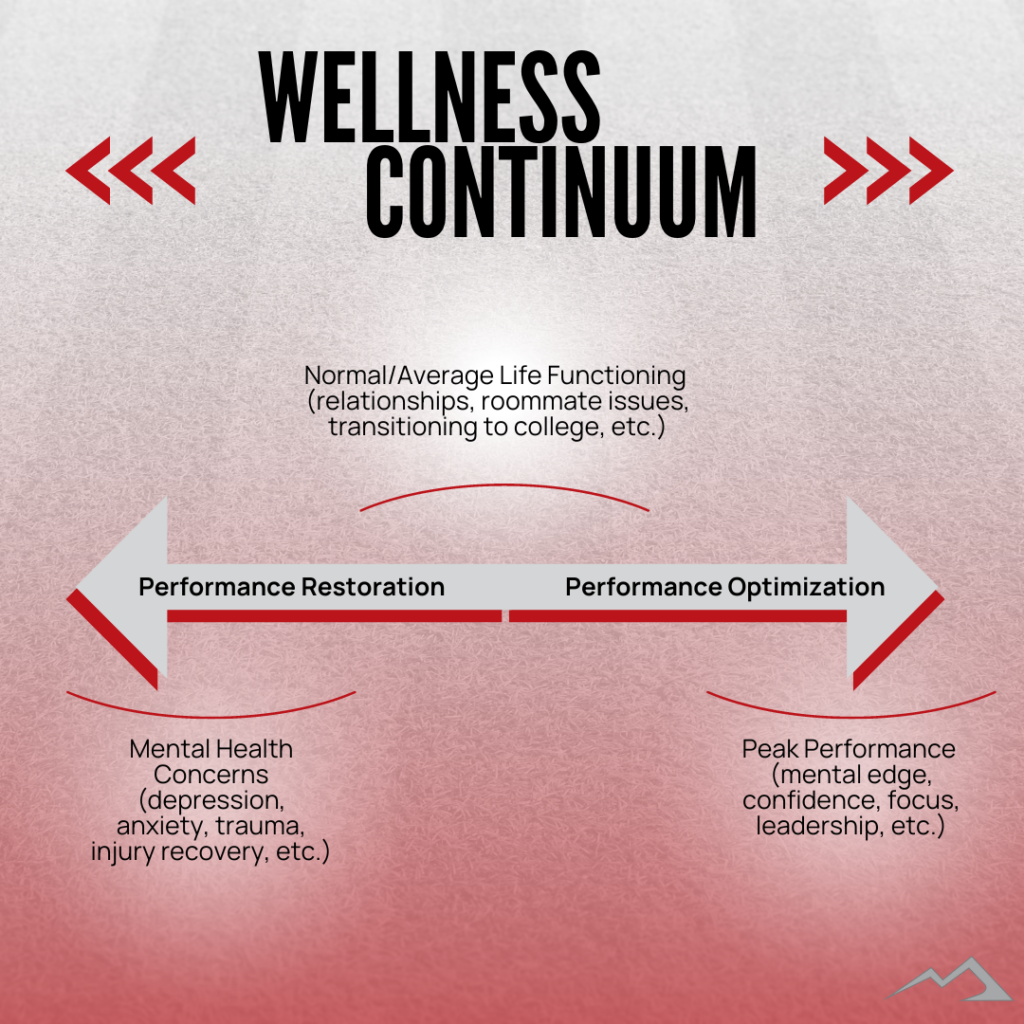“No one makes the journey alone, and that’s really important.”
Premier’s Dr. Harlan Austin joined Coach Jason Koop on the KoopCast for a conversation about addiction in ultrarunning, the overlap between addiction and athletics, and resources and strategies for those who are struggling and those around them.
Watch the insightful and powerful conversation below or listen on Apple, Spotify, or wherever you get your podcasts.

